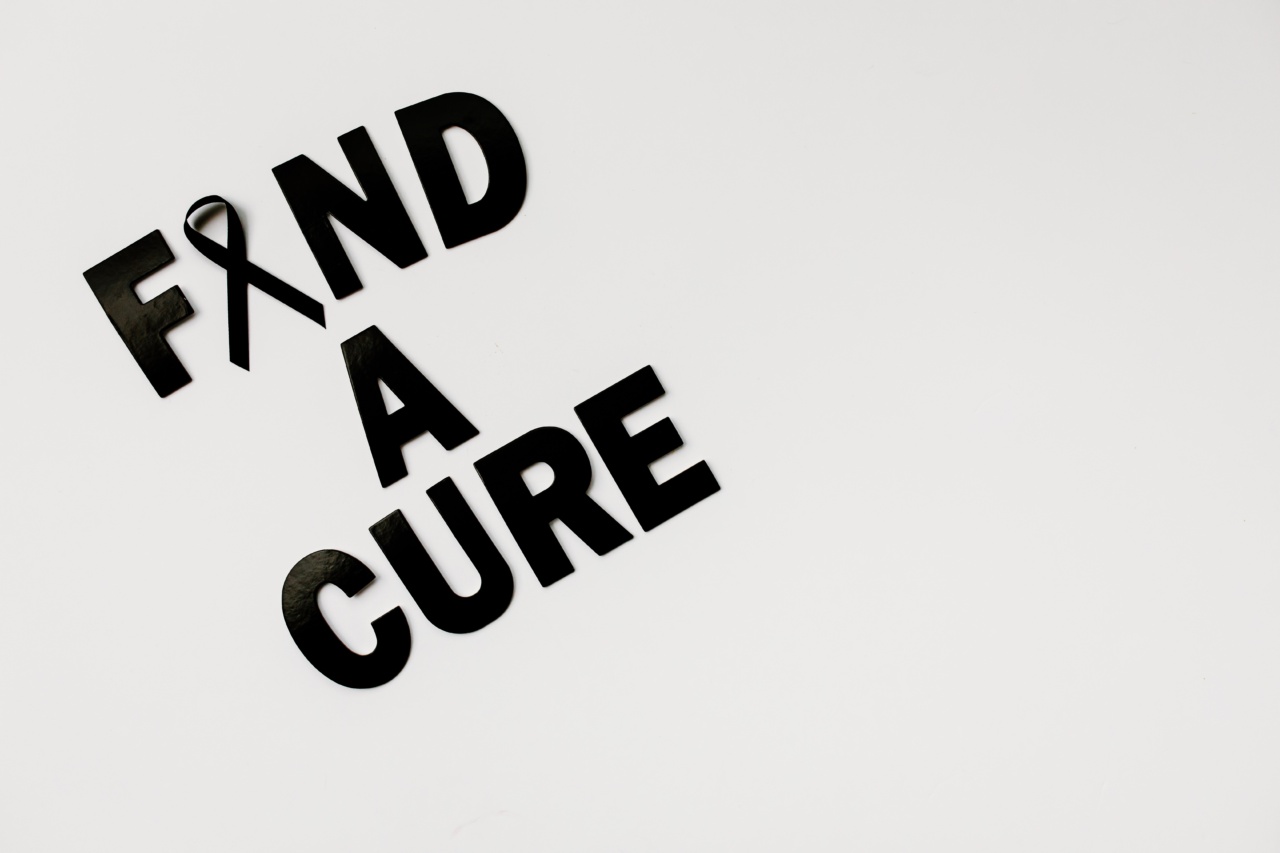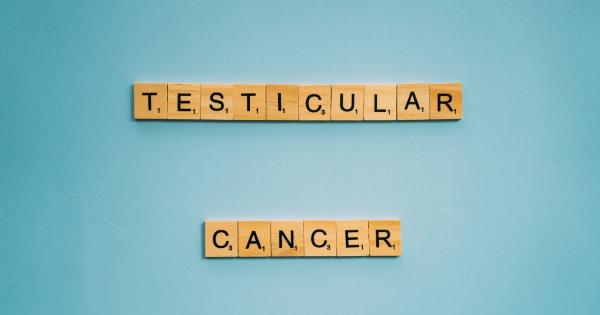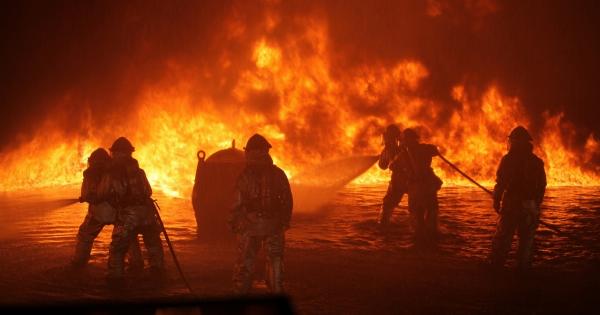Cancer is a dreaded disease that affects millions of people worldwide. While it can occur in both men and women, there are certain types of cancer that are more commonly found in men. Detecting cancer at an early stage is crucial for successful treatment.
In this article, we will discuss ten early warning signs of cancer in men that should not be ignored. By being alert to these signs, you can take proactive steps to protect your health and potentially prevent the progression of cancer.
1. Unexplained Weight Loss
If you notice a significant and unexplained weight loss, it could be an indication of an underlying health issue, including cancer.
While weight loss can sometimes be attributed to lifestyle changes or stress, it is essential to consult a healthcare professional to rule out any serious conditions.
2. Persistent Fatigue
Most of us experience fatigue from time to time due to hectic schedules or lack of sleep. However, if you find yourself continuously tired even after adequate rest, it might be a symptom of cancer.
Fatigue is a common early warning sign for various types of cancer, including leukemia and prostate cancer.
3. Changes in the Skin
The skin is the largest organ in our body and can reveal several internal health issues.
Therefore, it is crucial to pay attention to any changes in your skin, such as the development of moles, abnormal rashes, or drastic changes in the appearance or texture of existing moles. These changes can be indicative of skin cancer or other types of cancer.
4. Persistent Pain
While occasional aches and pains are a part of life, persistent or unexplained pain should not be ignored. Different types of cancer can cause pain in various areas of the body.
For example, testicular cancer may cause pain or discomfort in the testicles, while bone cancer can cause ongoing pain in the affected area.
5. Changes in Bowel or Bladder Habits
If you observe any significant changes in your bowel habits, such as persistent diarrhea, constipation, or changes in the color or shape of your stool, it is important to consult a doctor.
Similarly, changes in bladder habits, like increased urgency or blood in urine, can be signs of bladder or prostate cancer.
6. Frequent Infections
Recurring infections or prolonged illnesses that take longer to heal might indicate an underlying issue with the immune system. Some types of cancer can weaken the immune system, making it more difficult for the body to fight off infections.
If you notice an unusual pattern of frequent infections, it is essential to get it evaluated by a healthcare professional.
7. Difficulty Swallowing
Difficulty or pain while swallowing, also known as dysphagia, can be a warning sign of several types of cancer, including esophageal, throat, or stomach cancer.
If you experience recurring difficulty swallowing, especially along with unexpected weight loss, it is crucial to seek medical attention.
8. Changes in the Testicles
Men should regularly perform self-examinations of their testicles to look for any changes or abnormalities. Testicular cancer often presents as pain, lumps, swelling, or changes in size or texture of the testicles.
Early detection of testicular cancer has a high success rate, making self-examinations an essential part of men’s health.
9. Chronic Cough
A persistent cough that lingers for weeks or months can be a red flag for various types of cancer, including lung, throat, or larynx cancer.
If you experience a chronic cough, particularly with coughing up blood or unexplained weight loss, it is crucial to consult a healthcare professional for further evaluation.
10. Abdominal Pain or Bloating
Persistent abdominal pain or bloating can be a sign of several types of cancer, such as pancreatic, liver, or colon cancer.
If you experience ongoing abdominal discomfort or notice a significant change in your stomach’s size, it is important to seek medical advice.
Remember, these early warning signs do not necessarily mean you have cancer. However, they should not be ignored, and consulting a healthcare professional is crucial to determine the cause of these symptoms and rule out any serious underlying condition.
Regular check-ups and screenings are also vital for early detection and prevention of cancer.
By staying vigilant and paying attention to your body’s signals, you can catch cancer at its early stages and increase the chances of successful treatment and recovery.
Taking care of your overall health through a balanced diet, regular exercise, avoiding tobacco and excessive alcohol, and managing stress can also contribute to reducing the risk of cancer.



























